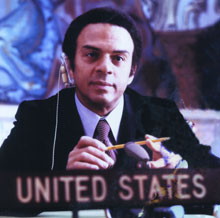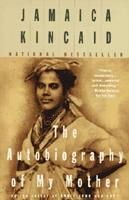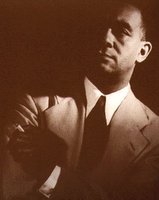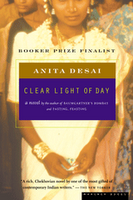"There Was No Freedom, But At Least There Was Security."
In a recent interview with National Public Radio’s Phillip Reeves, an Iraqi, Shiite Muslim, dispirited by the deaths of Iraqi citizens allegedly at the hands of U.S. Marines, revealed a sentiment that may be in the hearts of many Iraqis. He said that under Saddam Hussein’s regime, “There was no freedom, but at least there was security, and we lived better.” As an African American, descendent from enslaved Africans who survived for generations with the hope that one day they would again be free, it is hard to fathom that there is anything greater than liberty and independence. But, look up independence, liberty and freedom in the dictionary, and it also means self-rule, self-government, and self-sufficiency. We want to be able to do what we want, when we want, however we want, but when we say we want freedom; do we understand what it is we are asking for? Freedom means accepting responsibility for our lives, our security, our children, our future, our whole existence and that of our compatriots. So as the U.S. mesmerizes the Iraqi government with the idea of autonomy, and the Iraqi citizens appear even more isolated and bewildered as when Hussein was in charge, are they really free? And, when we considered the limitations of our own freewill, are we?
The controversial, 1974, two-volume work by economic historians and scientists, Robert Fogel and Stanley Engerman titled, Time on the Cross, suggests that not only did slaves in the American South live better than did many industrial workers in the North, but they worked less, were better fed and were whipped only occasionally. Now while Fogel and Engerman’s work is an economic analysis of this peculiar institution, which is a particularly stark contrast to the quest for American independence, what stands out like a sore thumb is the suggestion that somehow black people in America had it pretty good as slaves. But, it doesn't matter how well off we may have been...it was slavery, Damn it!





 academia, I am convinced that it is a racket, a hustle. Why else would I have three different anthologies for English classes, three different volumes for Spanish, and three different books for the same Math class? Even if the school keeps the same publisher, the edition changes every year, if not semester. But, for the English major, it just means adding more literature references to my personal library. And, this year I must say I have some books on my reading list that I can’t wait to explore.
academia, I am convinced that it is a racket, a hustle. Why else would I have three different anthologies for English classes, three different volumes for Spanish, and three different books for the same Math class? Even if the school keeps the same publisher, the edition changes every year, if not semester. But, for the English major, it just means adding more literature references to my personal library. And, this year I must say I have some books on my reading list that I can’t wait to explore.


















